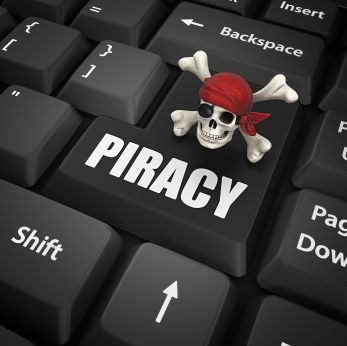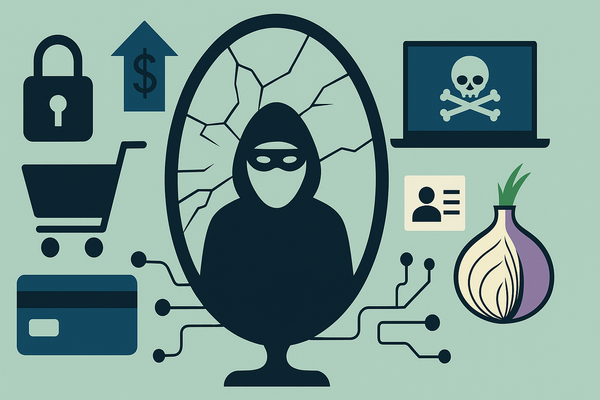Microsoft Tackles Piracy with Free Windows 10 Upgrade

Microsoft announced it will deliver its newest Windows version for free to everyone using pirated copies of the software, according to Reuters.
Sometime this summer, Windows users from 190 countries will receive free upgrades to Windows 10, regardless whether their license is original or pirated.
The initiative was announced at the WinHEC technology conference in Shenzhen, China by Terry Myerson, Microsoft EVP of Operating Systems.
“We are upgrading all qualified PCs, genuine and non-genuine, to Windows 10,” he said in a telephone interview with Reuters. “The plan is to ‘re-engage’ with the hundreds of millions of users of Windows in China.”
Not all software will be equal though.
“Although non-genuine PCs may be able to upgrade to Windows 10, the upgrade will not change the genuine state of the license,” he said. “If a device was considered non-genuine or mislicensed prior to the upgrade, that device will continue to be considered non-genuine or mislicensed after the upgrade.”
It`s seems China is a piracy heaven. In 2014, a two-year global study revealed that 74 per cent of the PC software installed in 2013 had no proper licensing. And Microsoft is well aware of this issue.
A two-year investigation by Chinese police investigators and the FBI led to the dismantling of a criminal ring responsible for pirating and distributing up to $2 billion of software, including $500 million worth of counterfeit Microsoft software being made in China and distributed worldwide.
Why is unlicensed software a bad idea?
Security wise, it is a very bad deal. Vulnerabilities in pirated software can lead to loss of proprietary information caused by unauthorized access to users` home devices or, worse, security breaches affecting large business infrastructures. More specifically, software that comes from unverified sources can be re-engineered to come bundled with backdoors used to plant malware or give attackers full control of a machine or an entire business network.
In September 2012, Microsoft discovered 91 per cent of 169 PCs from China contained malware or deliberate security vulnerabilities. The investigation, codenamed “Operation b70,” also revealed brand new computers had pirated versions of Windows. Some machines were bundled with “Nitol,” a type of malware that remotely logged keystrokes and spied on users through their webcams.
tags
Author
Alexandra started writing about IT at the dawn of the decade - when an iPad was an eye-injury patch, we were minus Google+ and we all had Jobs.
View all postsRight now Top posts
Cybercriminals Use Fake Leonardo DiCaprio Film Torrent to Spread Agent Tesla Malware
December 11, 2025
Genshin Impact Scam Alert: The Most Common Tricks Used Against Players
December 05, 2025
How Kids Get Automatically Added Into WhatsApp Groups with Horrific Imagery Without Consent
November 24, 2025
FOLLOW US ON SOCIAL MEDIA
You might also like
Bookmarks








